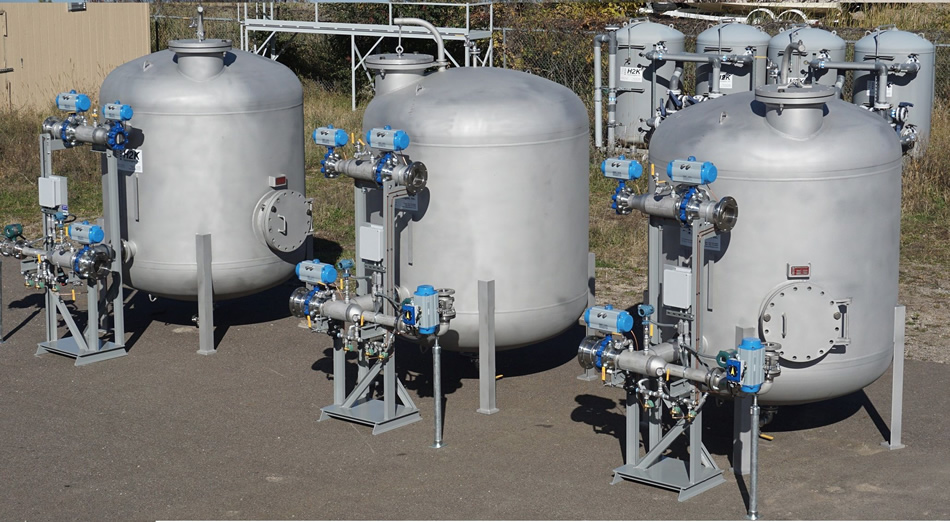In the relentless pursuit of clean and safe water, a new era in filtration has dawned, propelled by the innovative capabilities of multi media filtration. These advanced filtration technologies are revolutionizing the landscape of water treatment, offering unprecedented levels of efficiency, versatility, and effectiveness in purifying water sources. In this article, we explore the transformative impact of multi-media systems, as they redefine the standards of clean water and pave the way for a sustainable future.
Multi-media systems represent a significant leap forward in water treatment, harnessing the synergistic properties of different filtration media to achieve superior contaminant removal. By combining layers of specialized media such as sand, anthracite, and activated carbon, these systems can effectively capture suspended solids, organic matter, and dissolved impurities, resulting in water of exceptional purity. This innovative approach to filtration enables multi-media systems to address a wide range of water quality challenges across various industries and applications.
One of the key advantages of multi-media systems is their ability to achieve unparalleled levels of filtration efficiency while minimizing operational costs and resource consumption. Unlike traditional filtration methods, which rely on single-media filters, multi-media systems utilize a combination of media types with different particle sizes and densities, allowing for finer filtration and higher contaminant removal rates. This results in cleaner water with reduced turbidity, improved clarity, and enhanced safety for consumption and use.
Moreover, multi-media systems offer versatility and adaptability to diverse water treatment needs, making them suitable for a wide range of applications. From industrial processes and municipal supply to agricultural irrigation and recreational facilities, these systems can be tailored to specific water quality requirements and operational constraints. This flexibility enables industries to achieve optimal water treatment outcomes while maximizing efficiency and minimizing environmental impact.
In addition to their filtration capabilities, multi-media systems are also driving advancements in system design, operation, and control. Automated backwashing systems, advanced control algorithms, and real-time monitoring capabilities enable operators to optimize system performance, minimize downtime, and maximize filtration efficiency. Additionally, modular and scalable designs allow for flexibility in system configuration and expansion, accommodating changes in water treatment requirements and operational demands.
Furthermore, multi-media systems are at the forefront of sustainability and environmental stewardship efforts in water treatment. By optimizing filtration processes, reducing chemical and energy consumption, and maximizing resource utilization, these systems contribute to the preservation of freshwater resources and the reduction of environmental impact. Water reuse and recycling initiatives further underscore the commitment of industries to responsible water stewardship, promoting a circular economy where water is treated as a valuable and finite resource.
In conclusion, a new era in filtration has arrived with the emergence of multi-media systems, redefining the standards of clean water and reshaping the future of water treatment. With their innovative capabilities, efficiency, and sustainability, multi-media systems are leading the way towards a world where access to clean and safe water is not just a necessity but a fundamental human right. As industries continue to prioritize efficiency, reliability, and environmental stewardship, multi-media systems will play a pivotal role in meeting the evolving challenges of water treatment and ensuring a brighter, more sustainable future for generations to come.



